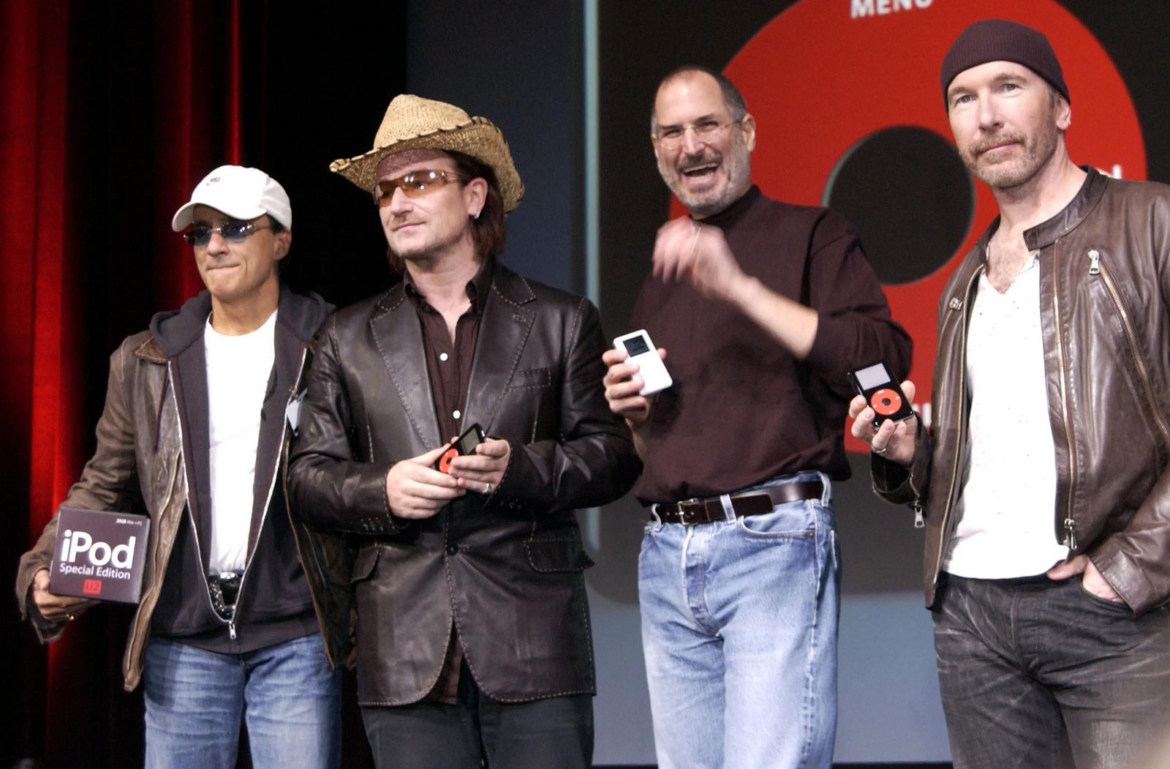In 2004, Steve Jobs pulled off what might be one of the shrewdest deals in advertising history: getting global superstar band U2 to appear in an Apple commercial and launch a special edition iPod—all without spending a dime on talent fees. This remarkable negotiation showcases Jobs’ legendary business acumen and reveals how brand power can sometimes be worth more than immediate financial gain.
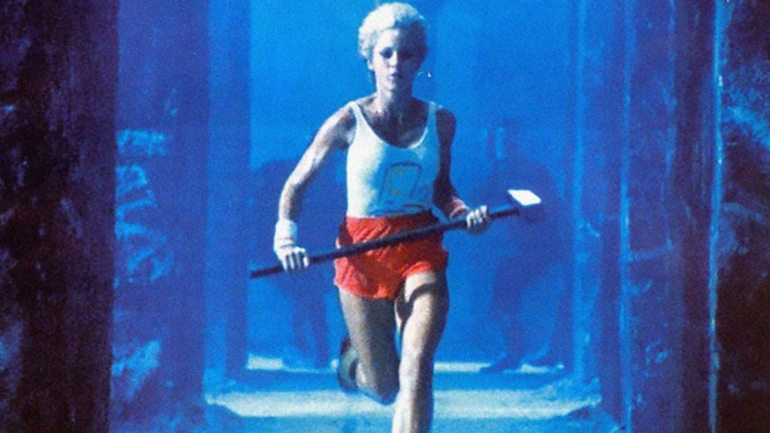
The story begins with an unusual request. U2, a band that had never licensed their music for commercials, approached Apple about appearing in an iPod advertisement. The reason? They recognized Apple’s reputation for creating “groundbreaking commercials” and wanted to be part of that legacy. This already put Jobs in a strong negotiating position—the talent was coming to him.
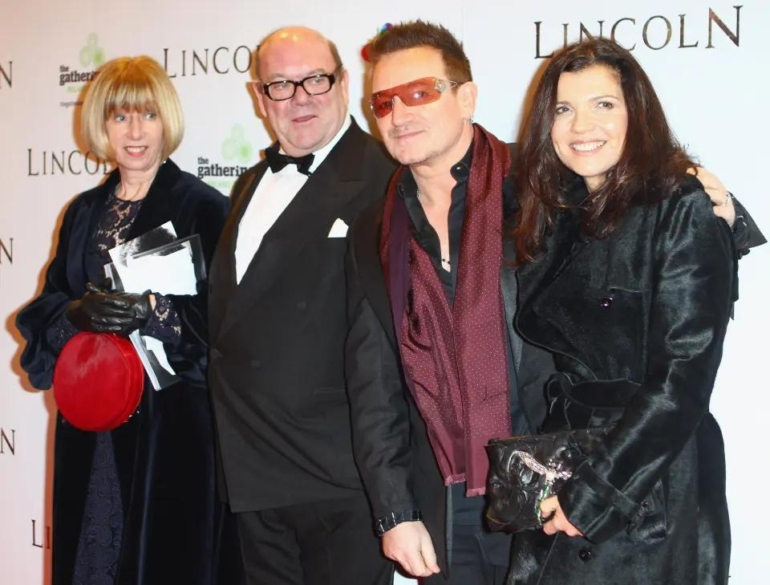
When U2’s manager Paul McGuinness proposed that the band would work without cash payment but wanted Apple stock instead—even “a symbolic amount”—Jobs didn’t hesitate. He declared the stock request a “dealbreaker” and stood firm. It was a decisive moment that demonstrated Jobs’ understanding of Apple’s growing cultural capital. He knew that association with Apple’s brand was valuable enough that U2 would eventually agree to his terms.
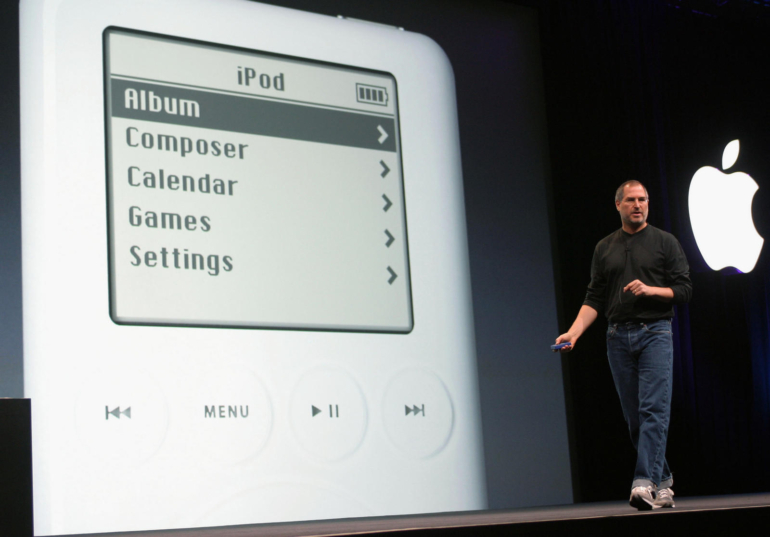
Jobs was right. The band not only accepted the deal without any compensation but agreed to an expanded partnership. This included creating a special edition U2-branded iPod in black and red (breaking Apple’s all-white aesthetic at the time), releasing their single “Vertigo” exclusively through iTunes, and making U2’s entire catalog available as the first-ever digital box set on the platform.
The deal’s brilliance lay in its mutual benefits. Apple got to associate its brand with one of the world’s biggest bands, while U2 gained access to Apple’s young, tech-savvy audience and positioned themselves at the forefront of digital music distribution. As Bono later admitted in his memoir, “Apple was on a ride to infinity and beyond; we were just lucky to hitch a lift.”
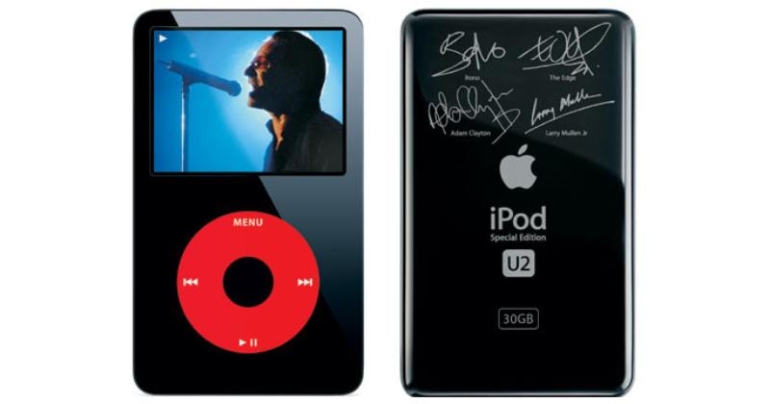
The partnership’s success extended beyond the initial commercial. The U2 special edition iPod proved popular precisely because it wasn’t white like other iPods, creating a distinctive product in Apple’s lineup. The digital box set introduced U2’s music to a new generation of fans, proving particularly valuable as the music industry was transitioning to digital distribution.
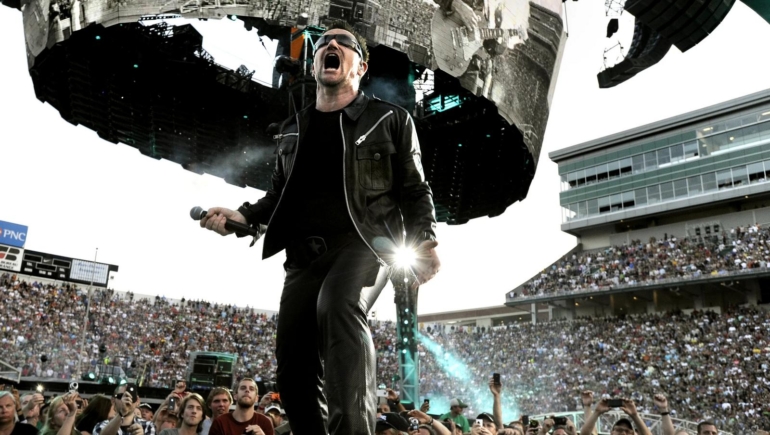
However, the deal’s true masterstroke was Jobs’ understanding of leverage. Despite U2’s massive global success, he recognized that Apple’s cultural cachet in 2004 was valuable enough to resist giving away even a symbolic amount of stock. This decision proved particularly prescient given Apple’s subsequent growth—those “symbolic” shares would have been worth a fortune today.
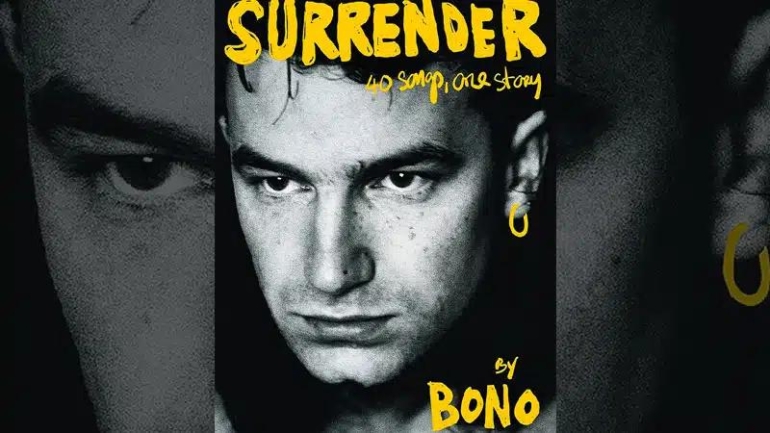
The U2 deal represents a pivotal moment in both advertising and music industry history. It showed how digital technology companies were becoming powerful enough to attract top musical talent without traditional compensation, foreshadowing today’s complex relationship between tech platforms and content creators. McGuinness’s regret over “losing the stock argument,” as mentioned in Bono’s memoir, serves as a testament to Jobs’ negotiating prowess. In the end, Jobs secured a landmark deal that benefited Apple significantly while paying nothing in direct compensation—proving that sometimes the best deals are the ones you don’t have to pay for.
This 2004 negotiation stands as a masterclass in understanding brand value, leveraging cultural capital, and recognizing when you hold the stronger position in a negotiation—even when dealing with global superstars.
